FAQ: 2020 Farm Requirements
A detailed FAQ about the Rainforest Alliance 2020 Sustainable Agriculture Standard Farm Requirements.
Home / Business / Certification / Page 50
Certification has had a huge impact in bringing sustainability to the forefront of business thinking, but it must continue to evolve to provide more value to farmers and companies and ensure that people and nature can thrive in harmony.
That's why the Rainforest Alliance launched its new Certification Program, which entered into force in July 2021. The Sustainable Agriculture Standard, along with its assurance and technology systems, are data-powered, and based on the principles of continuous improvement, risk-based assurance, contextualization, and shared responsibility. This is how we can deliver more value to the two million farmers and thousands of businesses that use Rainforest Alliance certification to drive more sustainable agricultural production and responsible supply chains.
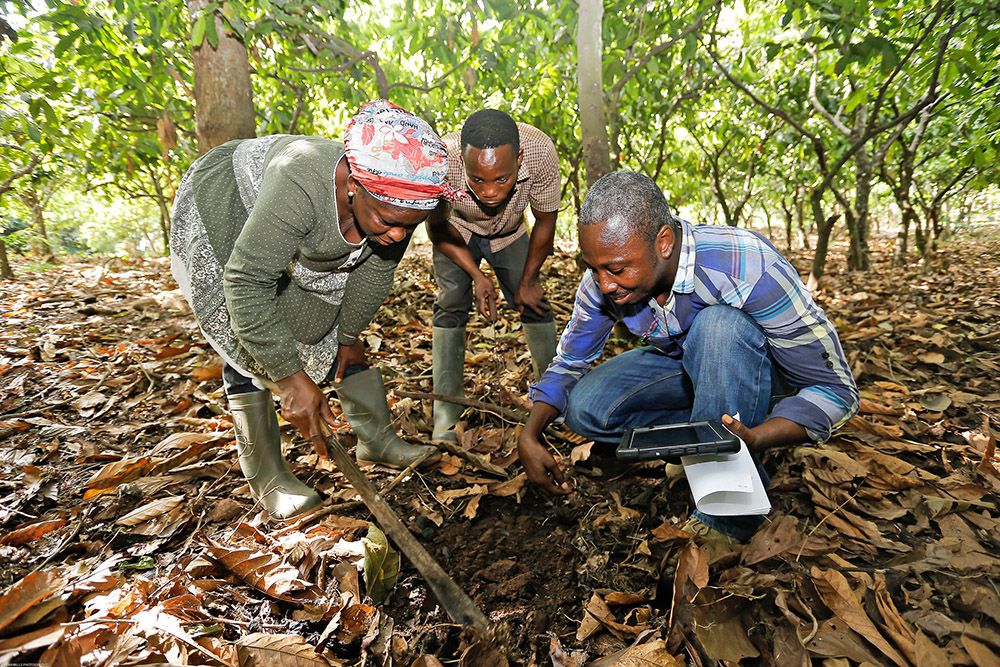
The certification program is part of the Rainforest Alliance’s strategy to drive sustainability at scale in the sectors in which we operate through interconnected interventions supporting certification, tailored supply chain services, landscapes and communities, and advocacy.
Key priorities of our cocoa strategy are assurance, shared responsibility, supply chain transparency, and profitability and resilience.
How we have tailored the implementation and verification of standards requirements on child labor and forced labor to the risk exposure of each farm.
Our shared responsibility approach aims to distribute benefits and costs of certification more evenly between farmers and companies.
Begin your journey of certification with the Rainforest Alliance.
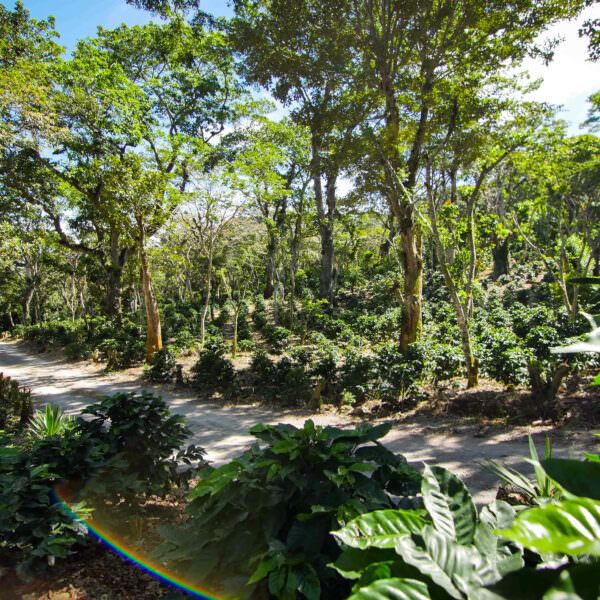
A detailed FAQ about the Rainforest Alliance 2020 Sustainable Agriculture Standard Farm Requirements.
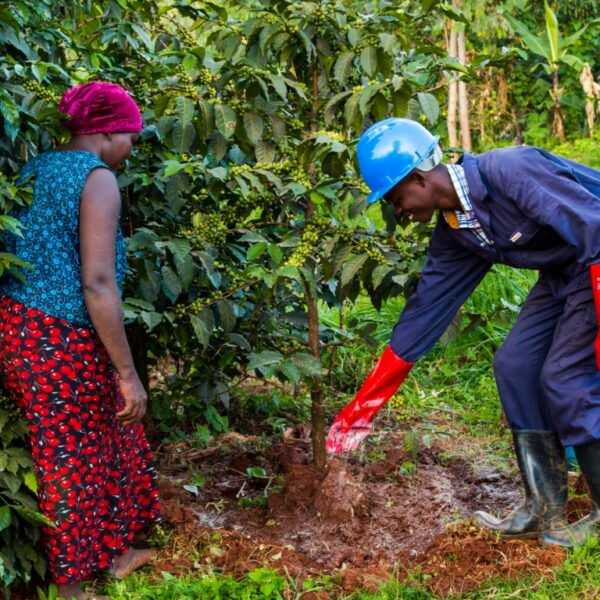
Find out what Ugandan coffee exporter, Kyagalanyi Coffee, had to say about the new program—from the improvements to the challenges.
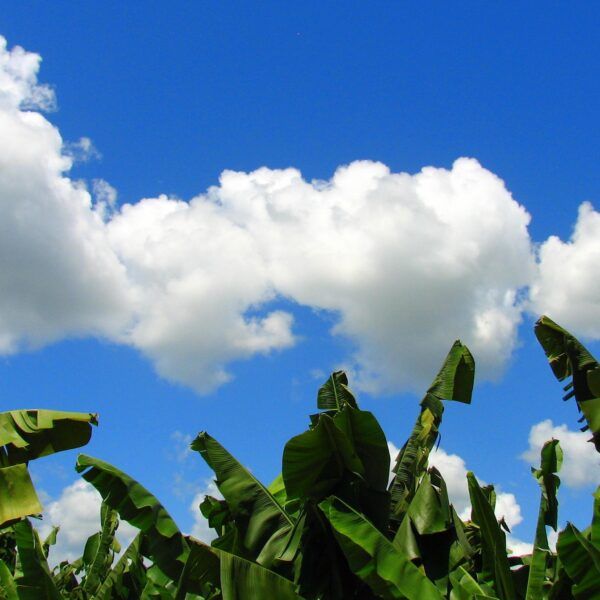
After teaming up for an early implementation pilot of our strengthened certification program, both Finca Esmeralda and the Rainforest Alliance took away learnings that will contribute to a more sustainable banana sector.
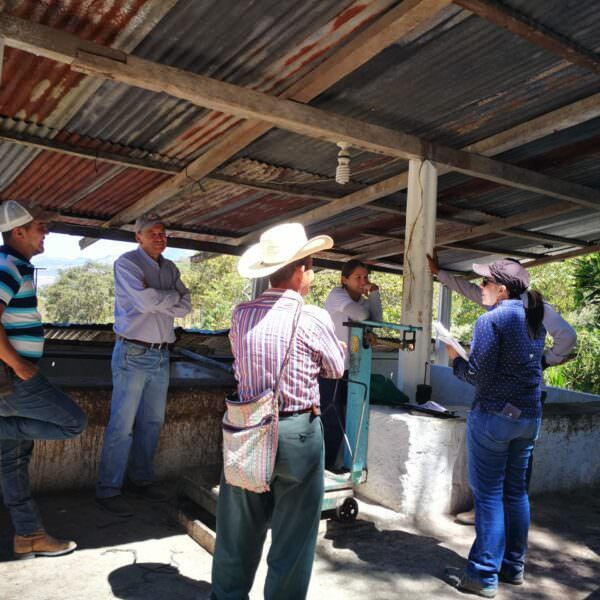
Rainforest Alliance certification is carried out by our authorized certification bodies. Find an authorized certification body in your county.

In this first-ever SAN/Rainforest Alliance Impacts Report, we summarize the effects of SAN/Rainforest Alliance farmer training and certification through an exhaustive review of nearly two dozen scientific studies and the audit data from over 200 certified farms and farmer groups. After presenting a global snapshot of the scope and geographic distribution of certified farms, the […]

UTZ Certified and Solidaridad have been partners in a cocoa programme in Ghana since 2010 with the collaboration of producer groups, licenced buying companies, traders and non-governmental organisations. They aim to improve smallholder cocoa productivity, incomes, working conditions and the environment. The programme started with training, then added inputs. The groups were certified for the […]

The Workshop, which was organized by the Rainforest Alliance and Citi and received support from Imaflora and the Cornerstone Capital Group, took place in São Paulo, Brazil, on April 24, 2015. The purpose of the workshop was to build a learning opportunity for the Brazilian and international banking industry, corporate supply chain participants and certification […]

Tourism is an enormous and widespread industry. It is found all over the world, so its impacts, social, economic, and environmental, are also worldwide. These impacts can be positive, doing good, or negative, doing harm. Sustainable tourism usually aims to have minimal negative impacts, to minimize harm, and to optimize economic benefits. Ecotourism, a type […]

Producers’ perceptions of costs and benefits play an important role in the motivation to become and stay certified. This study of the short-term, economic costs of the investments, in light of the price premiums paid for Rainforest Alliance Certified coffee, indicates how compliance costs may be favoring or hindering growth. It reveals a complex cost-benefit […]

This study provides the first evaluation of UTZ certification from the point of view of the certified farmers and other stakeholders in Brazil. The UTZ certification programme was launched in 2002 in Brazil. Over the years, the number of certified farmers has grown considerably, mainly due to the adoption of the standard by medium and […]